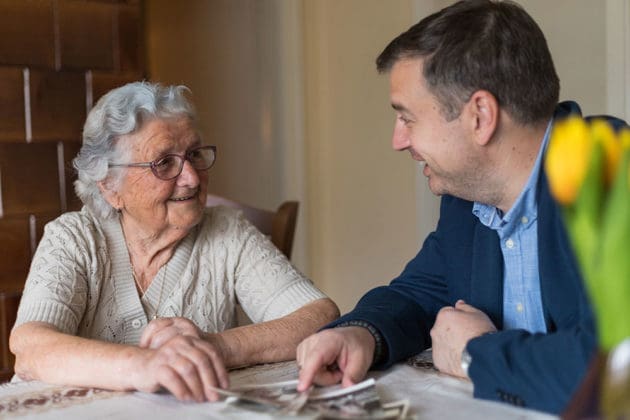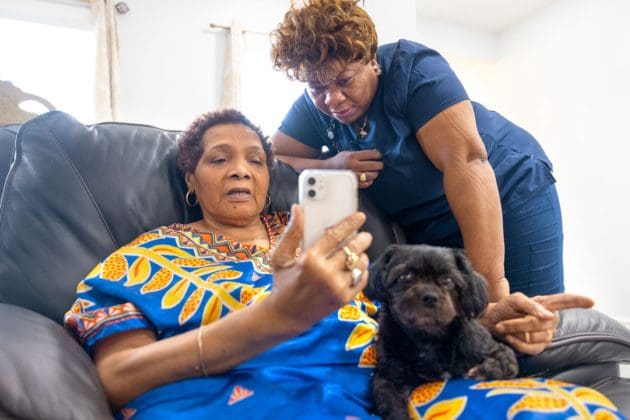
You’ve tried asking nicely, you’ve tried nagging and pleading, but your siblings just aren’t pitching in with your ailing or aging parent’s increasing needs. When siblings won’t help with an aging parent, you can get frustrated and fed up.
When you’re responsible for a parent’s care, the first people you expect to help out are your siblings — and it can hurt deeply if they don’t.
Very few families manage to divide caregiving evenly among siblings. Those who live closer or who don’t have children at home often do more than other siblings. But to prevent resentment and disagreements about a parent’s care, everyone should feel that each family member is doing their best — or at least their fair share.
Overcoming Excuses When Siblings Won’t Help
When your siblings come up with excuses, look for workarounds. Not everyone has the same skills when it comes to caregiving, and that’s okay. Let your siblings know that you want everyone to figure out their caregiving role to make the caregiving job easier.
Do your siblings say that they’d like to help but live too far away? Point out ways they can get involved from afar — especially ways that make the most of their strengths. If your brother is good with numbers, assign him the task of dealing with health insurance providers and paying bills online.
Does your sister say that seeing your aging parent makes her too sad? Suggest activities that focus on positive experiences, like spending time doing an activity your parent loves or taking them out for lunch.
Caregiving is a team effort. See our Family Guide to Caregiving to learn how your family members can play a role in your loved one’s care.
Dealing with Family Dynamics and Old Habits
Sometimes family dynamics and old habits can get in the way of everyone’s best intentions.
Is your sister second-guessing the money being spent on your parent’s care? Falling into old habits, you may be tempted to assume that she’s worried about the size of her inheritance. Instead, consider alternative reasons for her concern. Maybe she feels that the care is unnecessary. Ask your parent’s doctor or home care nurse to speak with her frankly about your parent’s medical condition and the care required to manage it. If she’s upset about the cost of the care, ask her to research other options and their costs.
Even though you are all adults, your siblings may still view you in your childhood role or may fall back on their own childhood position in the family. If you were the big sister or the responsible brother, your siblings might still expect you to take the lead. On the flip side, if your siblings were given too much responsibility as children, they may be thinking, “I’ve done my share already — now it’s their turn.”
An honest conversation with your family members about your parent’s needs and care might help to ease tension. Often people simply want to be heard, and talking can let everyone share their expectations.
Coping with Siblings’ Refusal To Help
Sometimes, just talking it out isn’t enough to change someone’s mind or behavior. If siblings’ behavior doesn’t change, it’s time to do what caregivers without siblings do: Find support and help elsewhere. You don’t have to go it alone. Caregiver support groups, other relatives, and friends who have been caregivers can provide a place to vent or to find help and support.
Remind yourself that no one’s situation is perfect. Families often disagree, and power struggles are common. Sometimes caregivers with several involved siblings wish that they could make choices on their own.
Remember that there is no right or wrong way of caregiving. Your style, like your relationship with your parent, will be different from your siblings’.
One thing is for certain though: Everyone will be grateful for your efforts to keep them in the loop when it comes to decisions about your parent’s care. If you can’t all get together for a family meeting, schedule a phone call or Zoom session. And most importantly, know that despite your differences in opinion, everyone has your parent’s best interest at heart.


